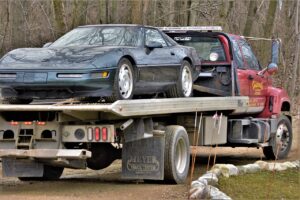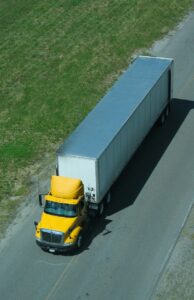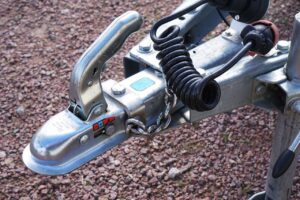When it comes to installing a trailer wiring harness, you have two main options: doing it yourself (DIY) or hiring a professional. Each approach has its own set of advantages and disadvantages. This blog post will compare DIY and professional installation of trailer wiring harnesses to help you make an informed decision.
DIY Installation
Advantages:
1. Cost Savings:
- Lower Costs: DIY installation can save you money on labor costs. You only need to purchase the wiring harness and necessary tools.
- No Labor Fees: Avoid paying hourly rates or service fees associated with professional installation.
2. Flexibility:
- Convenience: You can work on your own schedule, without having to make an appointment or wait for an available slot.
- Learning Opportunity: DIY installation allows you to learn more about your trailer’s electrical system, which can be beneficial for future maintenance and troubleshooting.
3. Control Over the Process:
- Attention to Detail: You can ensure that the installation meets your standards and take the time to double-check connections and components.
Disadvantages:
1. Skill and Knowledge Requirements:
- Technical Expertise: Installing a trailer wiring harness requires a good understanding of electrical systems and wiring. Mistakes can lead to faulty connections or even damage to your vehicle or trailer.
- Potential Errors: Without professional experience, there is a higher risk of making mistakes that could compromise safety or functionality.
2. Time-Consuming:
- Time Investment: DIY installation can be time-consuming, especially if you are unfamiliar with the process. It may take several hours to complete the installation properly.
- Research Required: You’ll need to spend time researching the correct wiring diagram and installation techniques for your specific trailer and towing vehicle.
3. Limited Resources:
- Tools and Equipment: You may need to purchase or borrow specialized tools for the installation, adding to the overall cost.
- Lack of Support: If you encounter issues during the installation, you’ll need to troubleshoot and resolve them on your own.
Professional Installation
Advantages:
1. Expertise and Experience:
- Professional Knowledge: Certified technicians have the expertise and experience to install wiring harnesses correctly and efficiently.
- Reduced Risk of Errors: Professionals are less likely to make mistakes, ensuring a safer and more reliable installation.
2. Time Efficiency:
- Quick Installation: Professional installers can complete the job more quickly than a DIY approach, saving you time and hassle.
- Immediate Availability: Many service centers offer same-day or next-day appointments, minimizing downtime for your trailer.
3. Warranty and Support:
- Service Guarantees: Professional installations often come with warranties or guarantees, providing peace of mind and protection against future issues.
- Ongoing Support: If you experience problems with the wiring harness after installation, you can return to the service center for support and repairs.
Disadvantages:
1. Higher Costs:
- Labor Fees: Professional installation typically costs more due to labor fees, which can vary depending on the complexity of the installation and the service center’s rates.
- Service Charges: Additional charges may apply for any extra work or materials needed during the installation.
2. Scheduling and Availability:
- Appointment Scheduling: You’ll need to schedule an appointment, which may not always align with your preferred timeline.
- Wait Times: Depending on the service center’s availability, there may be a wait time for an appointment, potentially delaying the installation.
3. Limited Control:
- Trust in Professionals: You’ll need to trust the technician’s work and attention to detail, as you won’t be directly involved in the installation process.
Conclusion
Deciding between DIY and professional installation of a trailer wiring harness depends on your budget, technical skills, and time availability. DIY installation can save money and provide a learning opportunity, but it requires technical expertise and can be time-consuming. Professional installation offers expertise, efficiency, and support but comes at a higher cost.
For those who are confident in their technical skills and have the time, a DIY approach may be suitable. However, if you prefer peace of mind and a quicker, guaranteed installation, hiring a professional is the better choice. For high-quality wiring harnesses and professional installation services, visit WiringLabs and explore our range of reliable and durable products designed to meet your towing needs.




